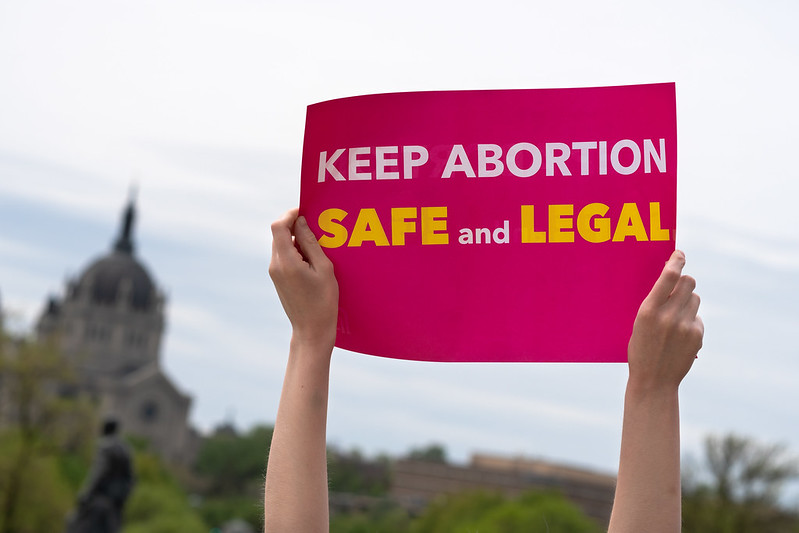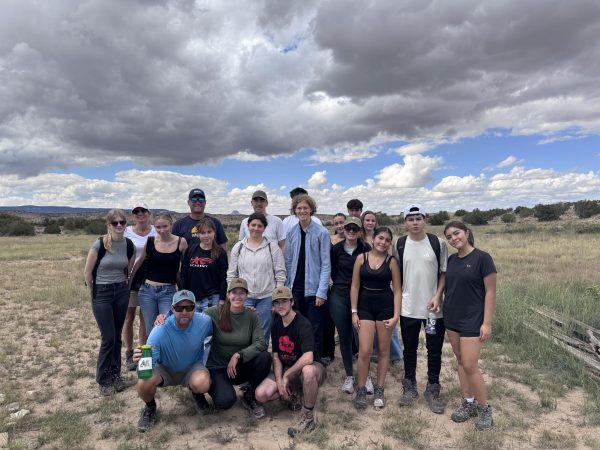How does the Texas abortion law impact New Mexico
What does it mean for patients and the health care system?
In the 1973 Roe v. Wade Supreme Court decision, abortions were recognized as a constitutionally protected right. Abortion access has become more restrictive over the past decade. Within a span of 8 years, there have been 483 new restrictive abortion laws approved in the United States. As expected, after our neighboring state of Texas passed a restrictive new abortion law New Mexican abortion services have seen a surge of women seeking abortion care. New Mexican abortion providers have made it their mission to accept and assist anyone who comes their way, but if clinics continue receiving a surplus of patients in the upcoming weeks, it will no longer be manageable. However, at this time, Planned Parenthood clinics are not in crisis mode. In the past New Mexico has provided3,000 abortions annually as opposed to Texas providing 55,000. With a majority of Texans who seek abortions coming to New Mexico, our abortion providers don’t have enough resources or staff to support this abundance of people.
With a historically pro-choice government, New Mexico has some of the least restrictive abortion laws in the nation; however, the flexibility of abortion inNew Mexico has not solved issues of accessibility. There are only three abortion providers in the entire state of New Mexico, located in Las Cruces, Santa Fe, and Albuquerque. But for the New Mexicans and now Texans who live in rural towns, seeking an abortion has become increasingly difficult. Women in rural towns in need of abortion are forced to overcome many obstacles to get the care they need. First, they have to take off work to travel, find child care, pay for gas, or another source of transportation. Many women don’t even have the option of taking off work and those who do need to find the means to pay for child care and/or their transportation to get to aabortion clinic. While New Mexico provides abortions with few legal restrictions there are still countless struggles women face in order to receive access to an abortion. In a state where limited funding and resources have already put New Mexicans at a disadvantage when it comes to receiving equal access to abortioncare, the recent influx of people from Texas will only put a greater strain on our health care systems.












